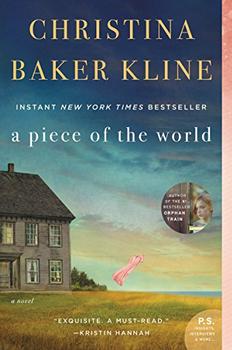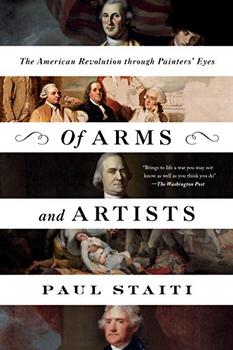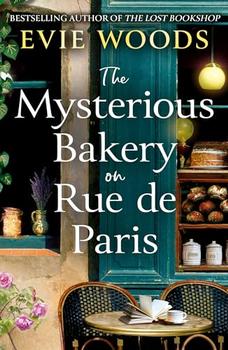Summary | Excerpt | Reading Guide | Reviews | Beyond the book | Read-Alikes | Genres & Themes | Author Bio

A compulsively absorbing story of love, art, religion and power set in Florence during the Renaissance and told through the passionate voice of a heroine with the same vibrant spirit as her beloved city.
Alessandra Cecchi is not quite fifteen when her father, a prosperous cloth merchant, brings a young painter back from northern Europe to decorate the chapel walls in the family's Florentine palazzo. A child of the Renaissance, with a precocious mind and a talent for drawing, Alessandra is intoxicated by the painter's abilities.
But their burgeoning relationship is interrupted when Alessandra's parents arrange her marriage to a wealthy, much older man. Meanwhile, Florence is changing, increasingly subject to the growing suppression imposed by the fundamentalist monk Savonarola, who is seizing religious and political control. Alessandra and her native city are caught between the Medici state, with its love of luxury, learning, and dazzling art, and the hellfire preaching and increasing violence of Savonarola's reactionary followers. Played out against this turbulent backdrop, Alessandra's married life is a misery, except for the surprising freedom it allows her to pursue her powerful attraction to the young painter and his art.
The Birth of Venus is a tour de force, the first historical novel from one of Britain's most innovative writers of literary suspense. It brings alive the history of Florence at its most dramatic period, telling a compulsively absorbing story of love, art, religion, and power through the passionate voice of Alessandra, a heroine with the same vibrancy of spirit as her beloved city.
This is an obvious fit for those who've enjoyed other historical novels with an artistic bent, such as those by Susan Vreeland and Tracy Chevalier, and will doubtless be a popular book club choice. However, expect a little more harsh reality and a little less romance in Durant's book...continued
Full Review
(306 words)
This review is available to non-members for a limited time. For full access,
become a member today.
(Reviewed by BookBrowse Review Team).
Sarah Dunant
is a novelist, broadcaster and critic. After leaving
university she worked as an actress before starting work as a
producer for BBC Radio in 1974. She also presented Radio
4's 'Woman's Hour' and BBC Television's 'The Late Show'.
She lives in London.
Bibliography
This "beyond the book" feature is available to non-members for a limited time. Join today for full access.

If you liked The Birth of Venus, try these:

by Christina Baker Kline
Published 2018
From the #1 New York Times bestselling author of the smash hit Orphan Train, a stunning and atmospheric novel of friendship, passion, and art, inspired by Andrew Wyeth's mysterious and iconic painting Christina's World.

by Paul Staiti
Published 2017
A fascinating look at how the art world viewed the American Revolution, and how their work still effects the way we view those events today.



I have always imagined that paradise will be a kind of library
Click Here to find out who said this, as well as discovering other famous literary quotes!